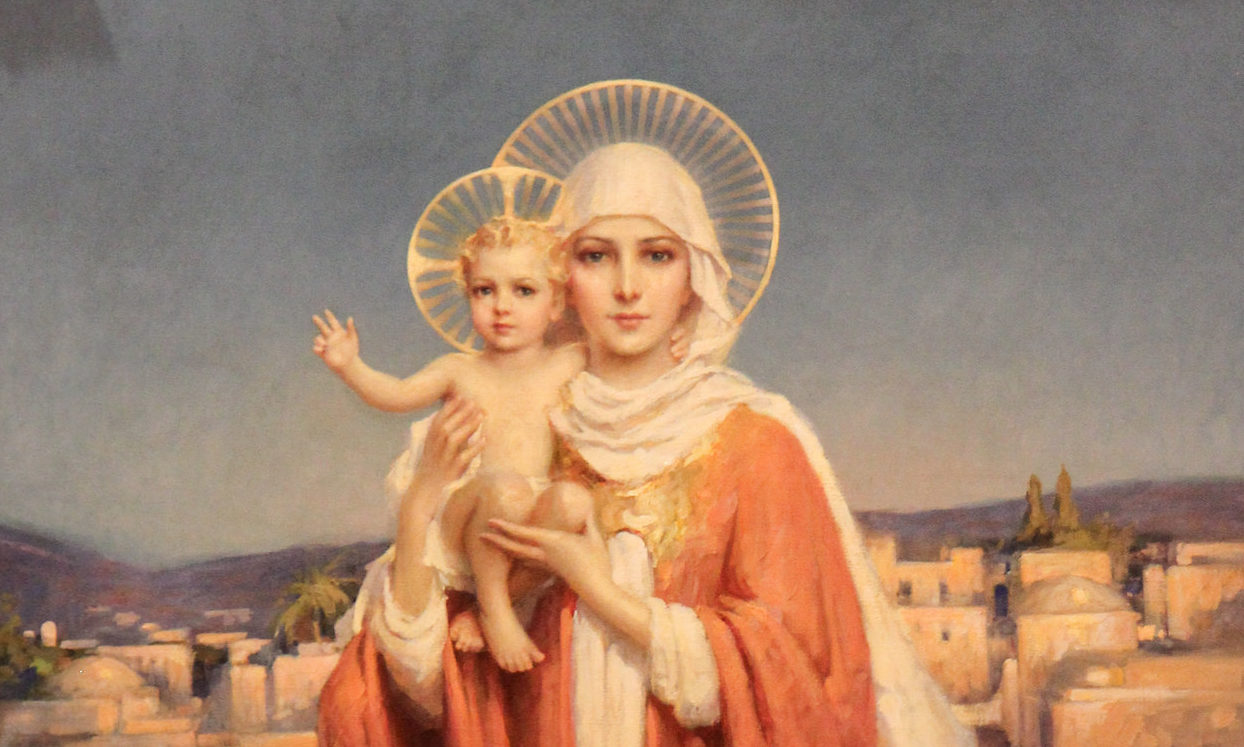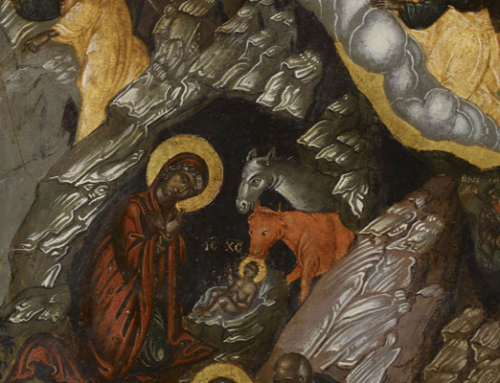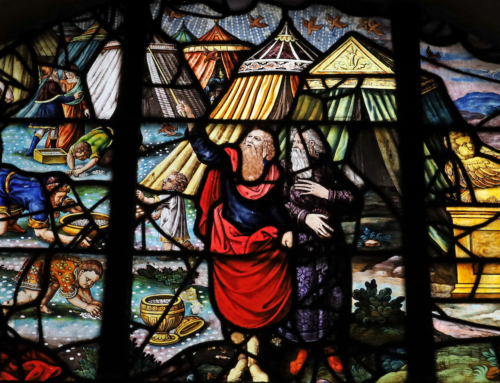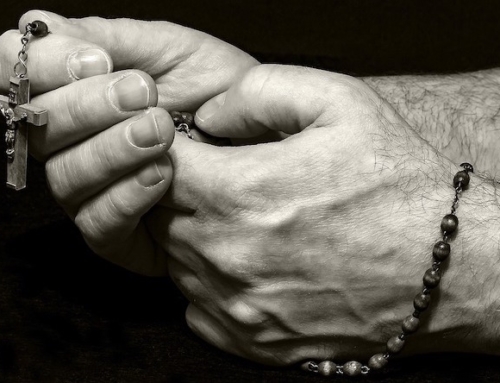It is not uncommon for the priory where I live in Washington, D.C. to host guests for dinner. On occasion, our guests will be a family. From time to time, that family will include a baby. Seeing a baby become the focal point at a table of male religious is a beautiful if perhaps surprising thing. Conversations about intractable theological disputes, the weather, and that bizarre Vespers hymn just sung all give way to doting attempts to induce giggles out of the tiny creature. Whether a friar is a student or scholar in rank, sentimental or solemn in temperament, seems to matter precious little—an infant’s visit captures the attention of the entire spectrum of Dominican personalities.
Each time it occurs, my mind is drawn to the last line of the first verse of “O Little Town of Bethlehem”: The hopes and fears of all the years are met in thee tonight. Something in the clarity of a child’s inquisitive eyes, the innocence of a child’s smile, permit—even compel—us to gaze in rapt awe at this marvel of God’s grandeur presented in miniature. In some sense, every child re-presents to us the mystery of the Incarnation. God truly became a little one such as these, born of a woman, to dwell among us. He did not disdain taking all our hopes and fears upon his fragile frame.
In the Christ-child, God’s Infinity / Dwindled to infancy, to borrow a phrase from Gerard Manley Hopkins. Ever since the nativity of Jesus, subsequent births have been infused with new meaning for mankind. Each babe held in its mother’s arms is a memorial of God’s wonderful work, a recounting of the O admirabile commercium:
O marvelous exchange! Man’s Creator has become man, born of the Virgin. We have been made sharers in the divinity of Christ who humbled himself to share our humanity. (Vespers antiphon of the first psalm of Vespers I for the Solemnity of Mary, Mother of God)
It was fitting that God, seeking to reconcile men who had grown fearful of him and rebellious to his will, should leave us this example of trustfulness and docility: a newborn wrapped in swaddling clothes. This image of God, paired with the image of him crucified between two thieves, forms a diptych of meekness and lowliness: for your sake he became poor, so that by his poverty you might become rich (2 Cor 8:9).
God, whose love holds all the stars and galaxies in existence, really knows and loves humanity and, moreover, each human being, with a particular and personal love. Perhaps man’s greatest fear is that this is a lie; his greatest hope that this is the case. The next time you see a baby this Advent, perhaps take a moment and consider the cosmic drama before your eyes, the hopes and fears meeting in the infant before you. The little one’s smile will betray the truth: Our Lord Jesus Christ, the Word of God, of his boundless love, became what we are that he might make us what he himself is (St. Irenaeus).
✠
Image: Fr. Lawrence Lew, O.P., Our Lady of Palestine (detail – used with permission)







